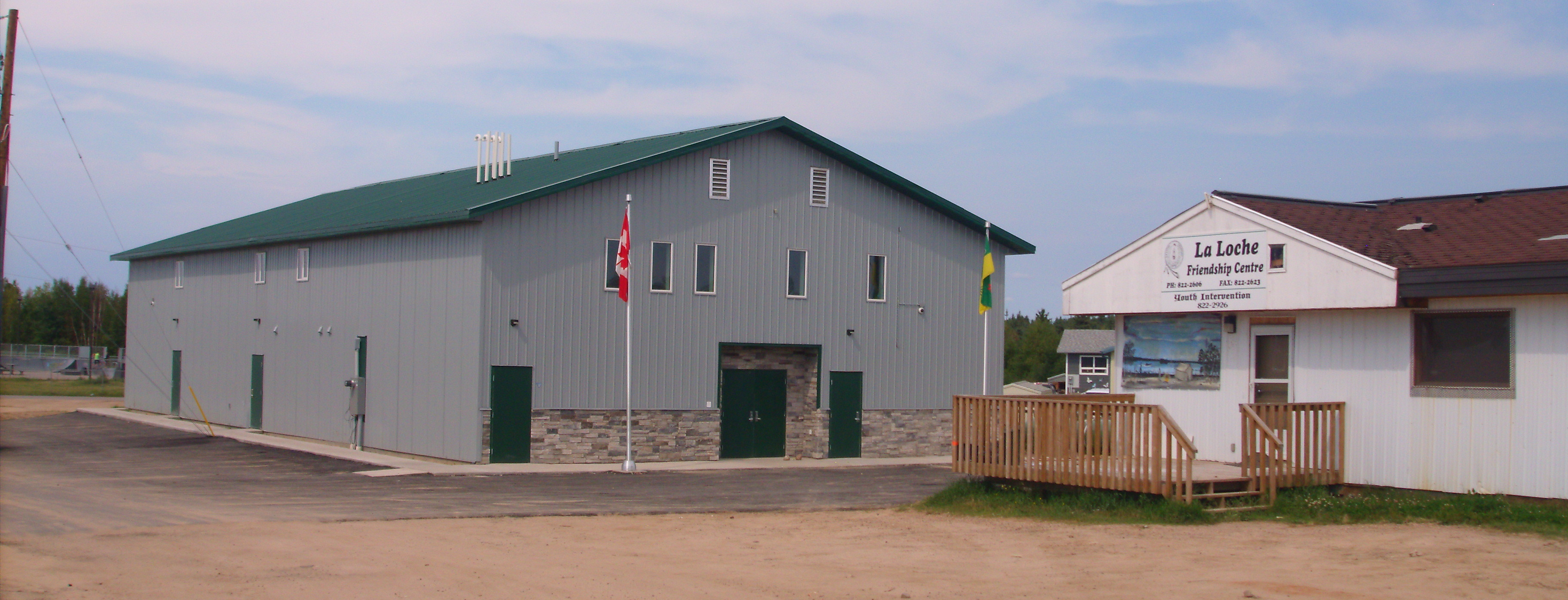Article
Forbidden City
William Bell’s historical novel Forbidden City (1990) tells the story of Alex, a teenager who accompanies his father on a trip to Beijing, China. Alex’s initial excitement at exploring the history of the city turns to horror when he becomes trapped near the Forbidden City during the Tiananmen Square Massacre. The most popular novel of Bell’s career, Forbidden City was published in 11 countries and eight languages. Reviewers praised its depiction of the on-the-ground reality of the Tiananmen Square Massacre. The novel received Ontario’s Ruth and Sylvia Schwartz Children’s Book Award, the Ontario School Librarians Association Award and the Belgium Award for Excellence.











.jpg)
